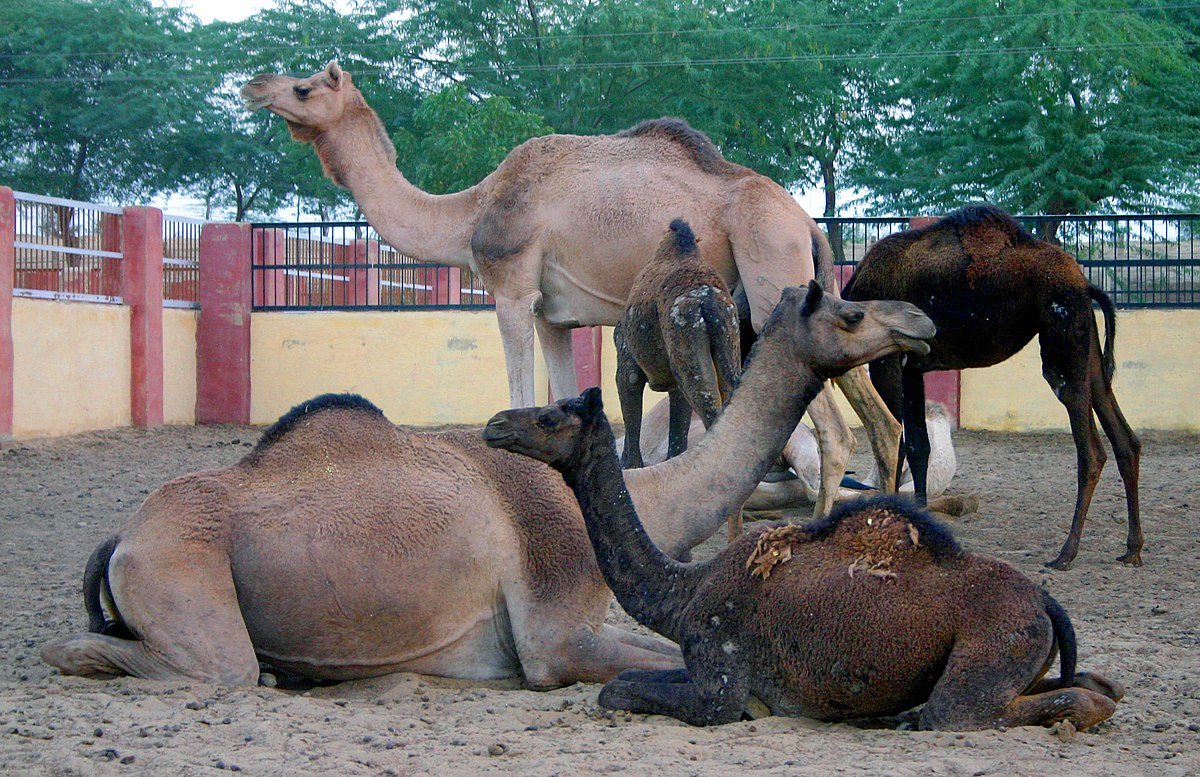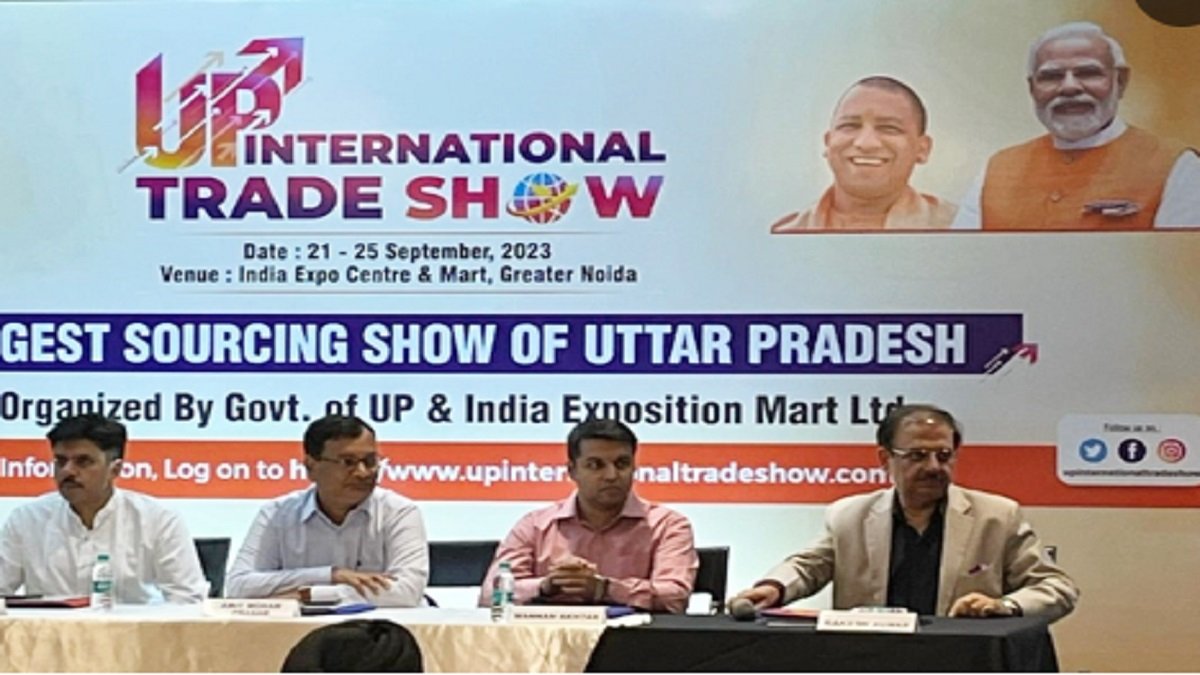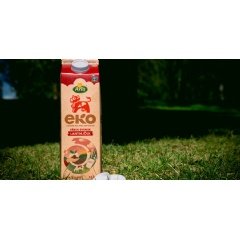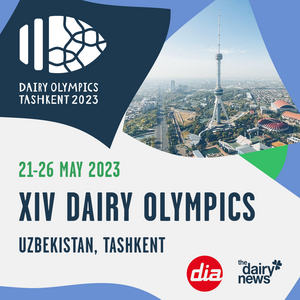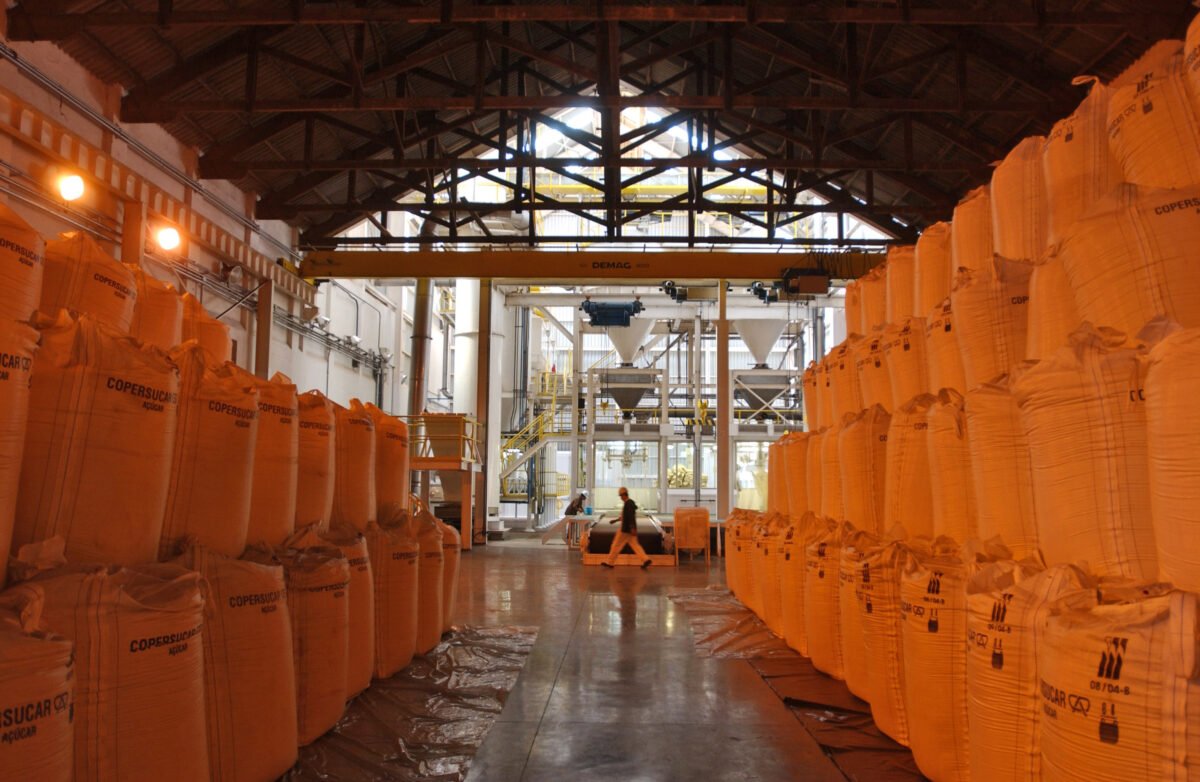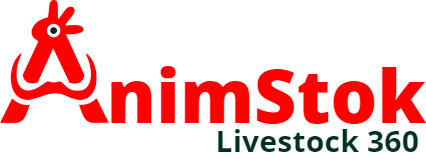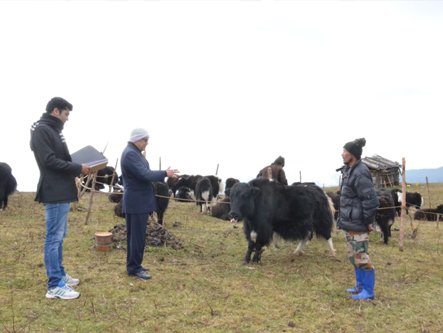Cornell University partners with Symbrosia and Danone to prove effectiveness of seaweed oil extract for livestock methane reduction
The study will aim to prove oil-based seaweed product has the potential to be more effective than existing solutions
Symbrosia, a Hawaii-based cleantech startup that uses seaweed to drastically reduce livestock methane emissions announced a study with Cornell University’s College of Agriculture and Life Sciences (Cornell CALS), supported by Danone North America, a leading food and beverage company. Designed by Associate Professor Joe McFadden, the study aims to prove the effectiveness of an Asparagopsis-based seaweed oil extract for reducing livestock methane emissions compared to Symbrosia’s existing freeze-dried seaweed products.
Dr. Mallory Honan, Symbrosia’s product and animal science lead, spoke about the thoroughness of the study. “The study is more in-depth than any previous, accounting for animal and human food safety, energetics, manure composition, and gas emissions. Additionally, it will observe unique milk characteristics beyond lactose, protein, and fat, assessing changes in the complete milk fatty acid profile,” explained Honan.
The Asparagopsis species has been proven to reduce methane emissions in ruminant species by interfering with the methanogenesis process. Symbrosia currently produces a freeze-dried product, SeaGraze™, made of Asparagopsis taxiformis. The product reduces methane emissions by 70 per cent – 80 per cent.
A reduction in methane emissions will have immediate benefits for the climate, superior to that of carbon dioxide reduction alone, according to the Intergovernmental Panel on Climate Change (IPCC). Dairy production from cattle makes up an estimated 8 per cent of total human-caused methane emissions worldwide, as part of agriculture and livestock activities which represent approximately 40% of global methane emissions.
Oil absorbs the compounds found in seaweed at an effective rate, circumventing the need for high inputs of energy required for drying. The product in this form is also anticipated to increase the level of bioactive transference and solubility. Using fresh seaweed in oil instead of freeze-dried material also maintains more of the important compounds and nutrients, as well as possibly making it more stable over time. Should the study prove successful, the oil will be added to Symbrosia’s expanding portfolio of products designed to be incorporated into a variety of systems.
The study will aim to prove oil-based




